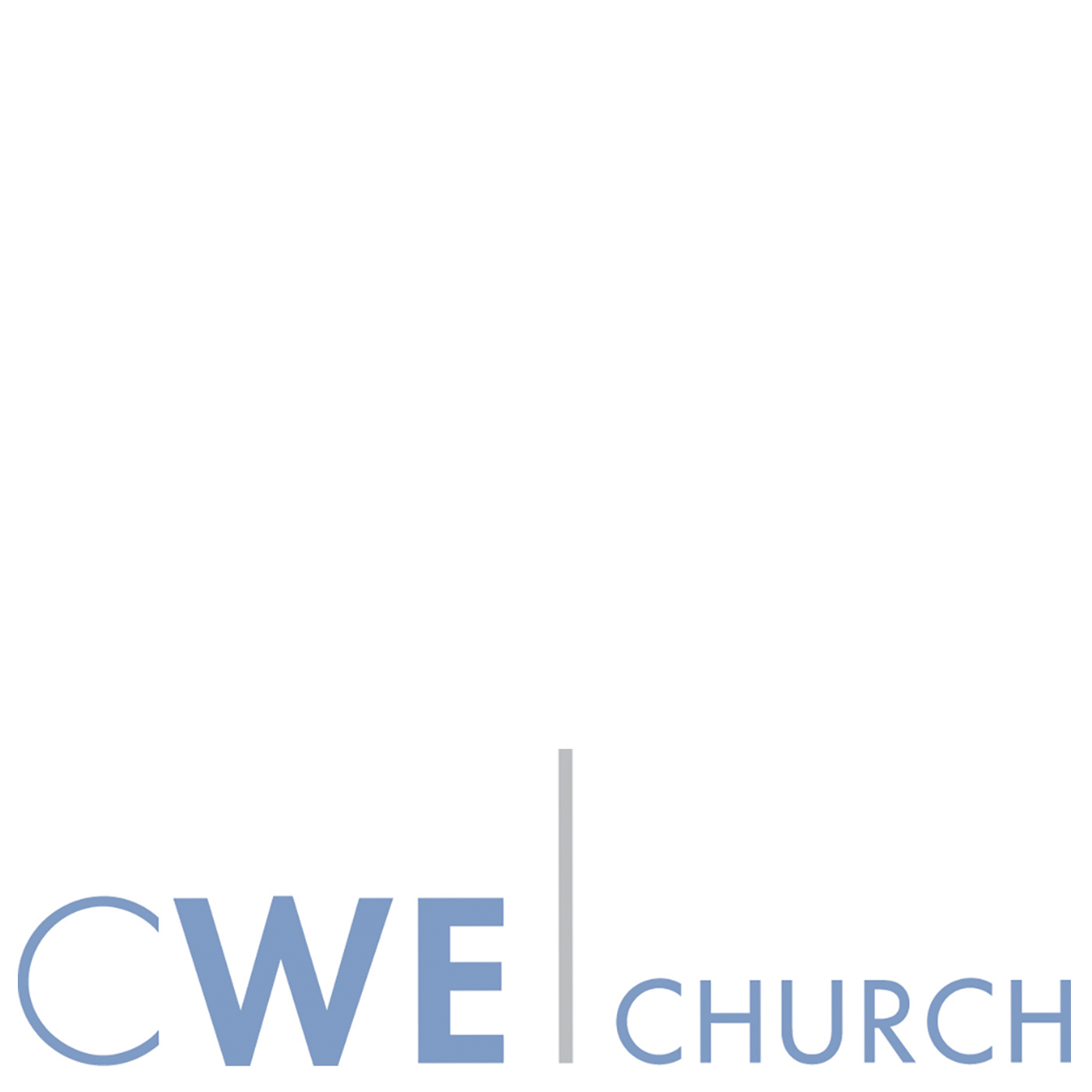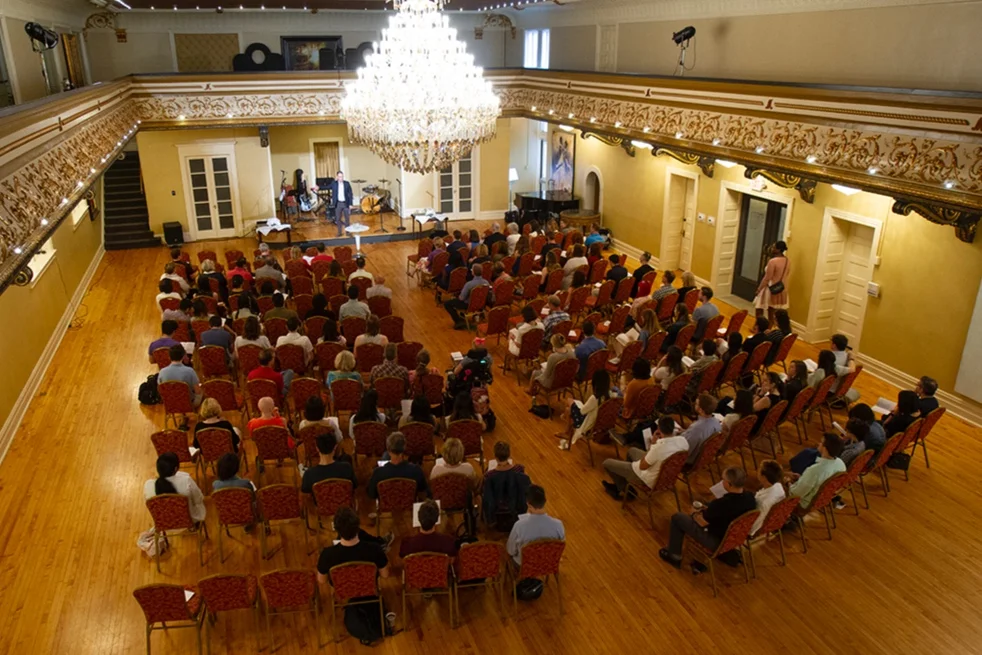“In the day-to-day trenches of adult life, there is actually no such thing as atheism. There is no such thing as not worshipping. Everybody worships. The only choice we get is what to worship. And the compelling reason for maybe choosing some sort of god or spiritual-type thing to worship... is that pretty much anything else you worship will eat you alive. If you worship money and things, if they are where you tap real meaning in life, then you will never have enough, never feel you have enough. Worship your body and beauty and sexual allure and you will always feel ugly. Worship power, you will end up feeling weak and afraid, and you will need ever more power over others to numb you to your own fear. Worship your intellect, being seen as smart, you will end up feeling stupid, a fraud, always on the verge of being found out. ”
“My love is my gravity. Where it goes, I go.”
A word about "belief"
"Belief" and "faith" are peculiar words in our culture. In popular usage, they are often thought to be in opposition to things like science, reason, and fact. So if we define "faith" as belief in God or the supernatural, then obviously not everyone is a person of faith. But if we broaden our definition of faith to include unprovable assumptions about "the way things really are," then it's clear that everyone has faith of some kind. Why?
Everyone has a worldview: a story or narrative of "the ways things are." Worldviews provide us with answers to the major questions of our existence. What kind of universe is this? Who are we as human beings? What is our purpose? What's wrong with the world (if anything)? How can it be put right? We can't even begin to answer these questions without some kind of faith assumptions. For instance, our commitment to human rights cannot make sense without a faith assumption that human beings are somehow more than the cosmic accidents a purely naturalistic account of the universe would say they are.
We mention this because the word "belief" (as commonly used) is perhaps a little too thin to describe what we mean when we say "we believe." What we are really talking about is our deepest commitments, convictions, and loves; not just how we think the world is, but how we imagine it to be. And (we would suggest) everyone imagines the world as a place that is animated by things best described as transcendent: love, justice, goodness, beauty, and truth, things that have no meaning without faith of some kind.
Our beliefs
As a congregation of the Evangelical Presbyterian Church, Central West End Church embraces historic, orthodox, Biblical Christianity as expressed in the Old and New Testament, and as set forth in the Nicene and Apostle's Creeds. The ultimate authority for our lives is the Bible, which we hold to be the inspired word of God, without error in the original manuscripts and when understood according to God's authorial intent. We believe God wants us to understand the difference between poetry, historical narrative, and the various other genres that appear in the Bible, and to do the hard work of incorporating those distinctions into our interpretation. The following is what the Bible teaches about the big questions of life.
what kind of world is this?
The Bible tells us that God created all things from nothing (Genesis 1:1ff), and that he created them "very good" (Genesis 1:31). From the very beginning, He created the world to be a place of beauty, harmony, flourishing, and wholeness, which is what the Hebrew word shalom means. Unlike other creation narratives (e.g. the Enuma Elish), only the Bible teaches that the cosmos is the creative and harmonious act of a loving, personal, omnipotent,and triune God. And unlike other views of the world (e.g. secular, Eastern), only the Bible teaches us that the whole of creation is both real (contra Eastern views) and supremely valuable (contra secularism). To put it as simply as we can, God made everything, and he also really, really likes it.
What kind of beings are human beings?
The Bible's account of humanity is utterly unique among worldviews. First of all, every human being is created in the image of God (Genesis 1:27, 9:6). That means that every person without exception has inviolable worth, dignity, and value (James 3:9). It also means that humans have within them the capacity for great good, for acts of beauty, sacrifice, love, and service. But the Bible also teaches that the first human beings rebelled against God out of a desire for self-determination and autonomy (Genesis 3), and as a result of their betrayal, every human being is alienated from God, hopelessly centered on self, and therefore under God's just condemnation. This understanding of humanity explains both the staggering love and beauty humans can display, as well as the heart-wrenching evil and cruelty they commit. Humans cannot remedy this situation by themselves (as history only too clearly teaches us). Their only hope is the loving and gracious intervention of God (Jeremiah 30:12, Ephesians 2:1).
what's wrong with the world?
One of the Bible's main contentions is that you cannot address the social distortions of the world without addressing the spiritual distortions of our lives. The two are intertwined (see, for example, Isaiah 1). When sin entered the world (Genesis 3), the whole fabric of creation was ripped apart and now suffers under curse (Genesis 3:17), decay (Romans 8:21), and death (Genesis 2:17). Our yearnings for a better world and the horror we experience in the face of evil and suffering only make sense when we realize that the world was originally created for perfection and that the possibility of renewal yet exists. Because fallen humans still bear the image of God, there exist within each one of us "echoes of Eden," pointers to the goodness and shalom that was lost.
How can it be put right?
Our cultural sensibilities assure us that we are all basically "good people" who just need a little help. But the Bible's contention is that we are actually lost people who desperately need a radical intervention. That intervention took place in history through the incarnation, life, death, and resurrection of Jesus Christ. Jesus is the unique, divine Son of God (Mark 1:1), the second person of the Trinity (Revelation 22:13), the author of creation (Colossians 1:16), who came to earth as a man, fully God (John 1:1) yet fully human (John 1:14), in order to offer his perfect life as a sacrifice on the cross in order to redeem us from our sin and restore our relationship with God the Father (Mark 10:45, Galatians 3:13, Colossians 2:13-14).
One of the most stunning results of our redemption is the redemption of creation. This has been God's plan from the very beginning. God desires not simply spiritually redeemed souls, but a materially renewed creation (Isaiah 25:6-8, Revelation 21:1-5). Amazingly, renewed humanity is the spark that ignites the renewal of all creation (Romans 8:19). Christ's sacrifice on the cross doesn't just save our souls, it literally saves the whole cosmos (Colossians 1:20).
how ought we to live in light of this?
All of this has tremendous implications for our lives. When we trust in Christ for salvation by putting our faith in him (Ephesians 2:8), he gives us his Holy Spirit (John 14:16-17), who empowers us to die to sin and live to Christ (Galatians 5:16-24), and for acts of love, mercy, and service (1 Corinthians 12:4-6), all as an act of worship and gratitude (Romans 12:1), and as members of the universal church of God. The Biblical storyline gives Christians, of all people, far more incentive, motivation, and power to care for the environment, advocate for the oppressed, fight against injustice, and work for the common good. Because we are simply following Jesus in a work that he is doing, and that ultimately only he can accomplish (and will accomplish perfectly when he returns to earth), we can be realistic and honest about the state of the world (yet without succumbing to despair or cynicism), but also hopeful and certain of ultimate renewal (yet without triumphalism or naïveté).

